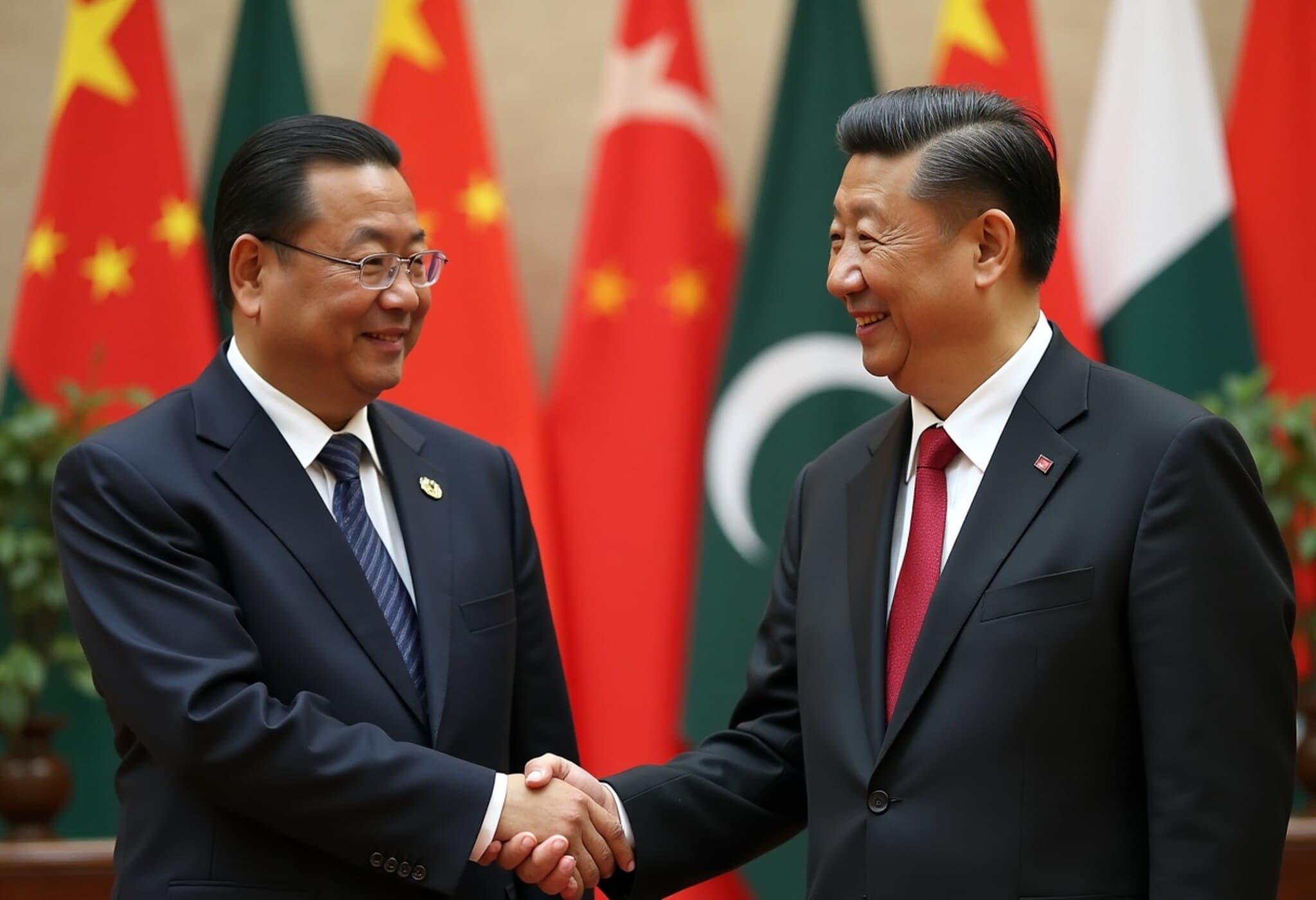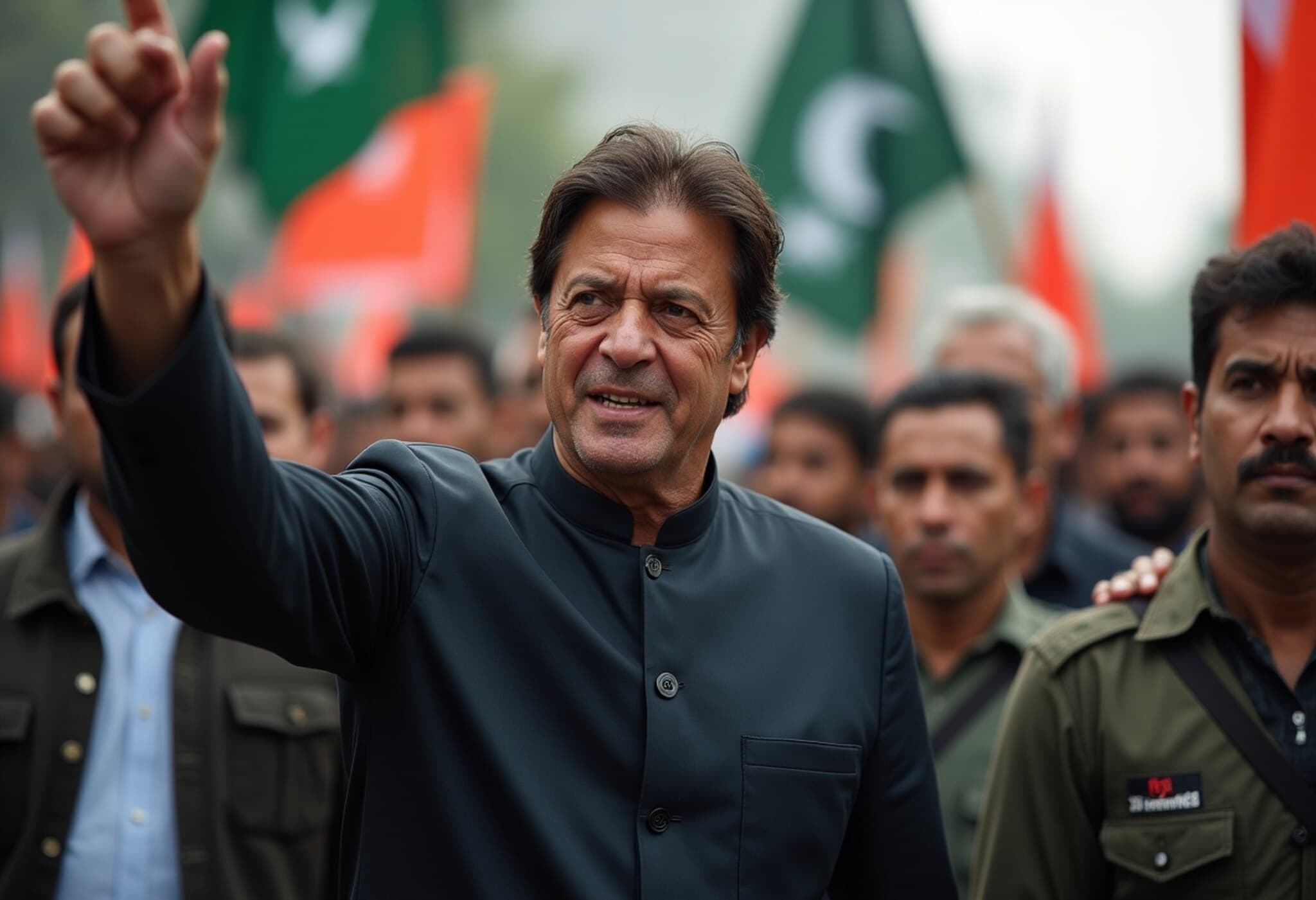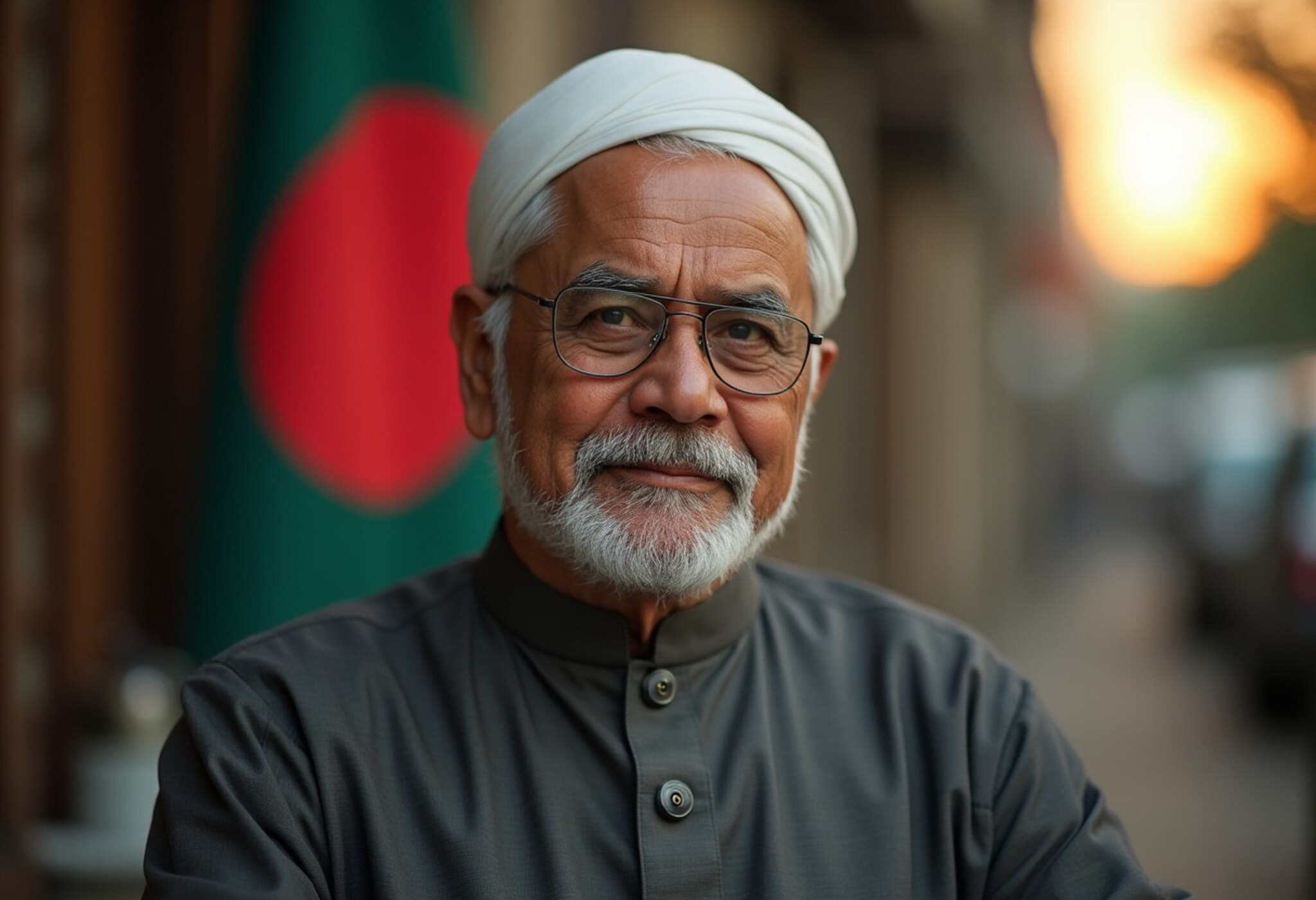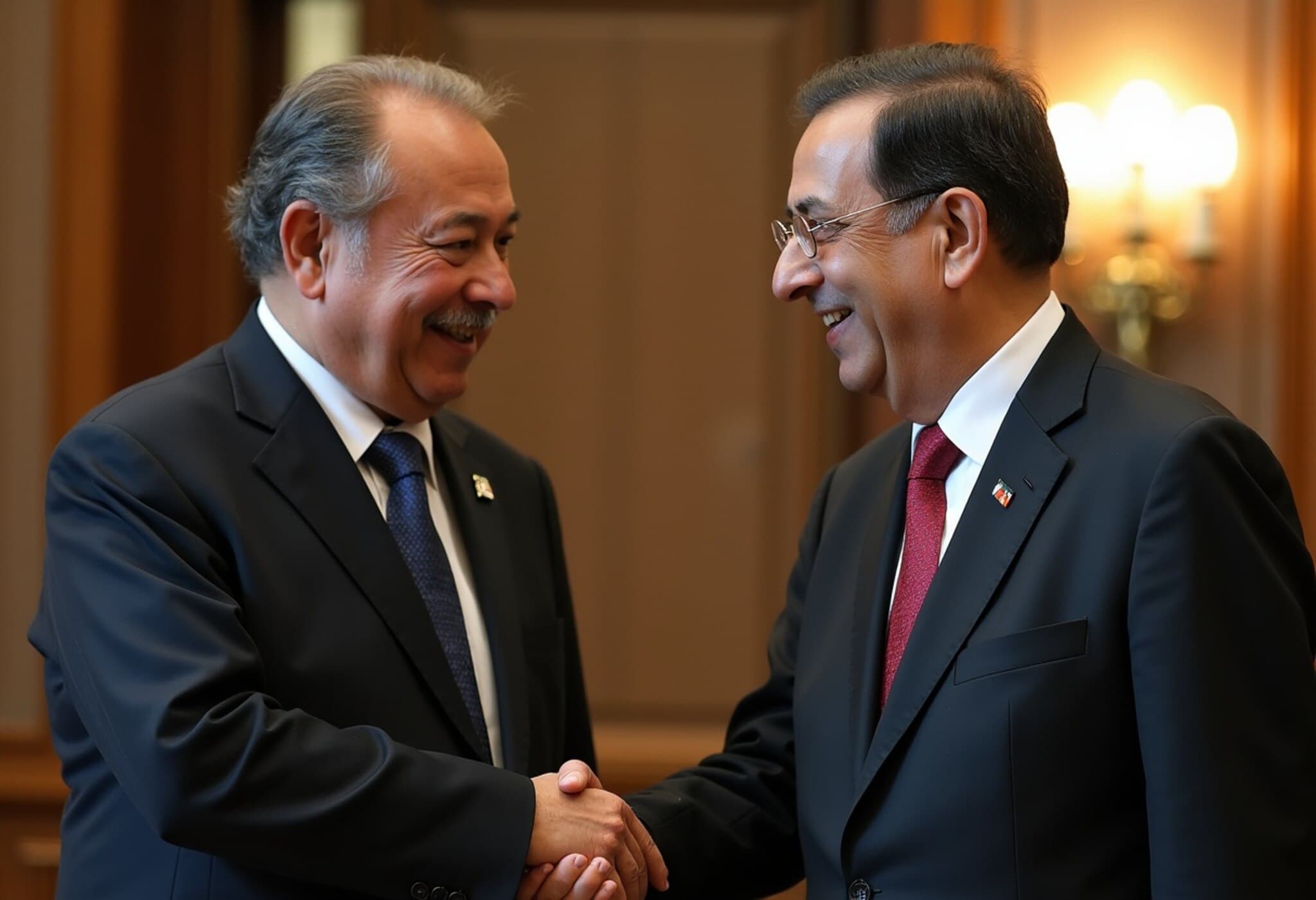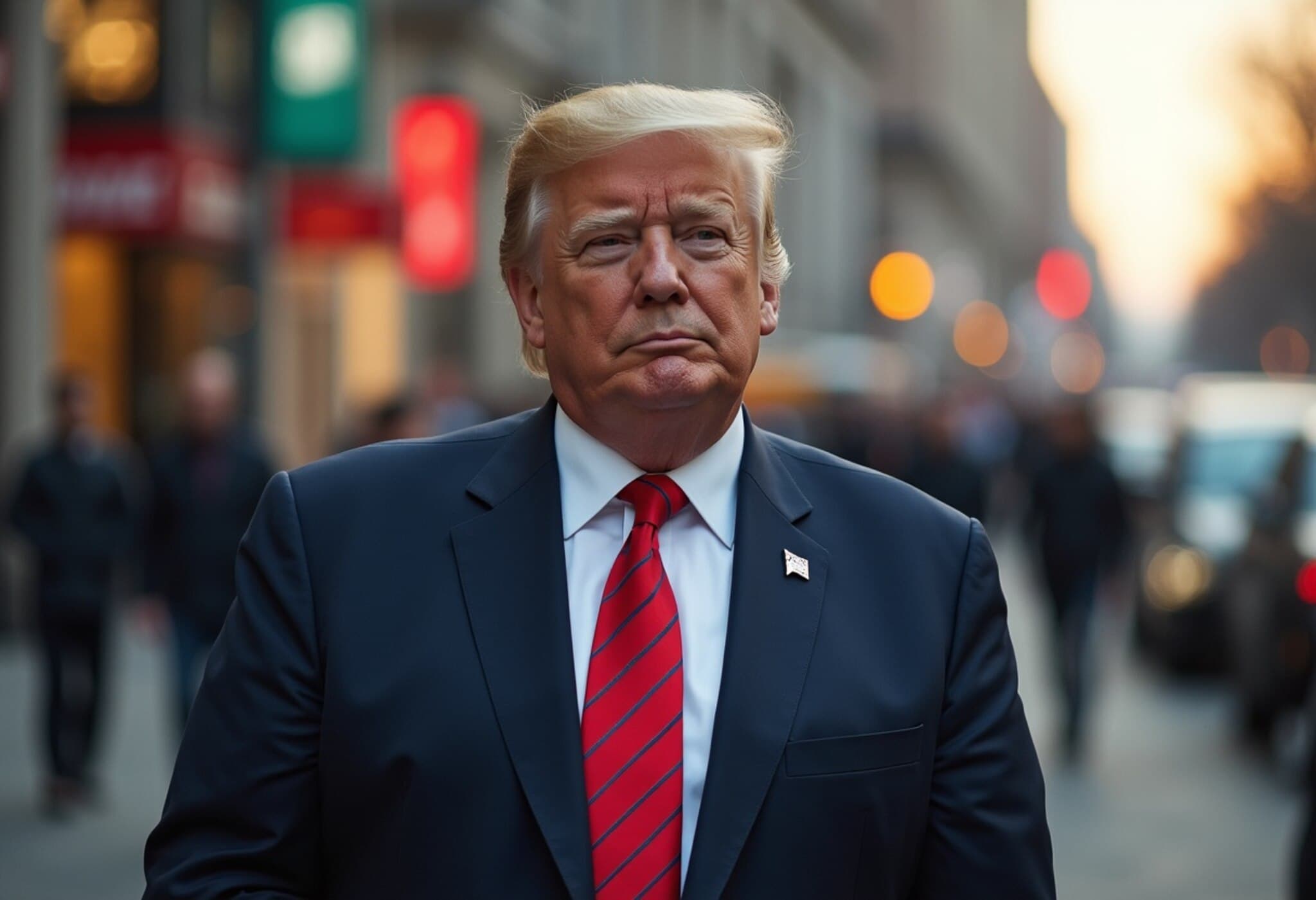South Asia Sees Renewed Diplomatic and Security Engagements
In a dynamic shift that could reshape regional geopolitics, Bangladesh, Pakistan, and China have all stepped up their diplomatic and security interactions this week. These moves reflect strategic recalibrations influenced by evolving regional security conditions and economic ambitions.
Bangladesh’s Strategic Outreach to China
Bangladesh’s Chief of Army Staff, General Waker-Uz-Zaman, embarked on a high-profile visit to China, signaling Dhaka's desire to strengthen defense cooperation with Beijing. During his stay, he is expected to engage with senior military and civilian officials, underscoring Bangladesh’s longstanding role as a key partner in China’s broader regional security architecture.
Bangladesh’s defense collaboration with China notably includes military training, joint exercises, and equipment procurement — facets critical for Dhaka’s modernization goals in a complex security environment. Analysts suggest that this deepening partnership offers Dhaka an alternative to traditional defense ties, particularly as the Indo-Pacific region undergoes rapid strategic realignments.
Bangladesh-Pakistan Ease Official Travel Barriers
Meanwhile, on the diplomatic front, Bangladesh and Pakistan have agreed to relax official travel constraints. The interim government’s Advisory Council in Dhaka, led by Muhammad Yunus, has authorized a five-year mutual visa exemption for holders of diplomatic and official passports, according to Shafiqul Alam, the press secretary.
- This reciprocal measure enables Pakistani officials visa-free entry into Bangladesh.
- Bangladesh already facilitates similar arrangements with 31 countries.
- The easing acts as a symbolic step toward mending historically charged ties, marked by political tensions and unresolved issues dating back several decades.
Observers note that this development could pave the way for greater bilateral cooperation, especially in trade and cultural diplomacy, fostering an environment where official channels remain open despite past grievances.
Pakistan’s Economic Engagement with Bangladesh
Reflecting this thaw, Pakistan’s Commerce Minister Jam Kamal commenced a four-day visit to Dhaka aimed at boosting commercial relations. Scheduled meetings with Bangladeshi government officials and business leaders underscore Pakistan’s intention to revive trade dialogue and explore mutual investment opportunities after years of strained ties.
China and Pakistan Discuss Regional Stability
Simultaneously in Islamabad, Chinese Foreign Minister Wang Yi met Pakistan's Chief of Army Staff Field Marshal Asim Munir at the General Headquarters. Their talks reportedly focused on sensitive subjects including the stability of Afghanistan, dynamics with India, and security in the Gulf.
Crucially, the conversation highlighted expanding collaboration on the China-Pakistan Economic Corridor (CPEC), a flagship Belt and Road Initiative project. Both sides appeared intent on reinforcing security and economic linkages that underpin Pakistan-China strategic relations.
Implications and Expert Insights
The convergence of these initiatives reveals a subtle yet significant recalibration in South Asia’s geopolitical landscape. Bangladesh’s engagement with China marks a diversification of its defense partnerships, potentially offsetting Indian regional influence. Concurrently, Bangladesh and Pakistan’s diplomatic warming may signal a willingness to overcome historical discord in favor of economic pragmatism.
Experts note:
- These coordinated developments could deepen trilateral collaboration, enriching regional connectivity and collective security.
- For Washington and other global players, these alignments may necessitate recalibrated strategies addressing China’s expanding footprint in South Asia.
- The long-term success of these engagements depends on transparent dialogues, addressing unresolved political issues, and inclusive economic growth.
As South Asia navigates a period marked by uncertainty and opportunity, these evolving partnerships underscore the complex interplay of history, security, and commerce shaping the future of regional cooperation.
Editor’s Note
This notable intensification of diplomatic and military contacts between Bangladesh, Pakistan, and China signals a possible paradigm shift in South Asia’s geopolitical contours. While the surface narrative highlights cooperation and eased restrictions, many questions remain about how these engagements will influence regional stability, economic integration, and great power competition. Tracking these developments will be essential for stakeholders aiming to understand the balance of power and peace prospects in a highly contested region.

